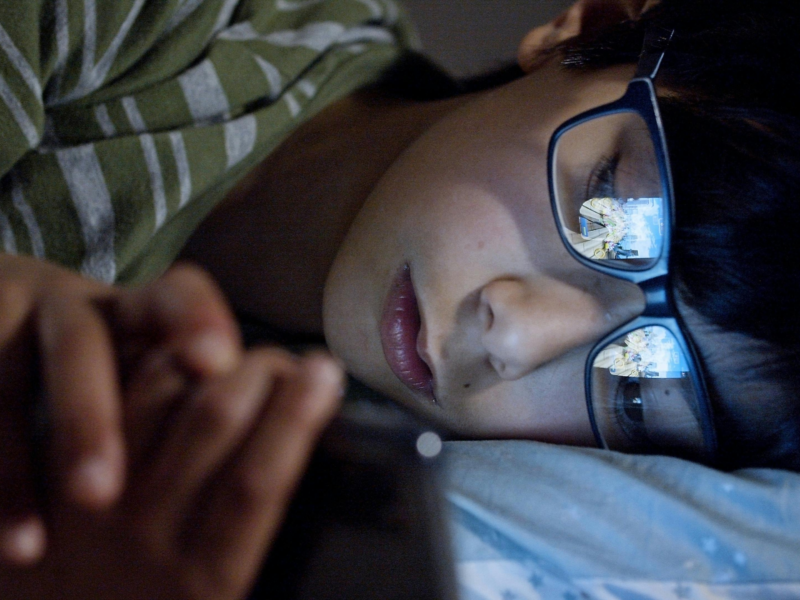Introduction
Vision is one of the most important senses we rely on every day, influencing how we work, learn, and connect with the world. Yet, eye care is often overlooked until problems arise. The truth is that maintaining healthy eyes requires lifelong attention. Eye care needs evolve as we age—from childhood, when vision development is critical, through adulthood, when lifestyle factors become dominant, to senior years, when age-related eye diseases become more common.
This guide provides comprehensive eye care strategies for every stage of life to ensure clear, healthy vision for years to come.
👶 Eye Care for Infants and Children
Early Eye Development
- Babies are not born with perfect vision; eyesight develops during the first years of life.
- Pediatric eye exams are crucial for detecting congenital issues like amblyopia (lazy eye) or strabismus (crossed eyes).
Common Issues in Children
- Refractive errors – nearsightedness, farsightedness, and astigmatism.
- Amblyopia (lazy eye) – when one eye doesn’t develop properly.
- Strabismus (crossed eyes) – misalignment of the eyes.
- Digital strain – from increased use of tablets and phones.
Eye Care Tips for Kids
- Schedule regular eye exams (first at 6 months, then at age 3, then before school).
- Encourage outdoor play to reduce risk of myopia.
- Limit screen time and encourage frequent breaks.
- Ensure good lighting while reading and studying.
👦 Eye Care for Teens
Teenagers face increased academic demands and screen exposure. Contact lenses often become a popular choice during this stage.
Risks
- Overuse of digital devices → digital eye strain.
- Improper lens hygiene → eye infections.
- Sleep deprivation → red, dry eyes.
Eye Care Tips for Teens
- Follow the 20-20-20 rule (every 20 minutes, look 20 feet away for 20 seconds).
- Practice safe contact lens use (never sleep with lenses, clean them properly).
- Use protective eyewear in sports.
- Encourage balanced diet with eye-friendly nutrients (Vitamin A, Omega-3, lutein).
👨🦱 Eye Care for Adults (20s–40s)
Adulthood is a busy stage with long working hours, extensive screen time, and exposure to stress.
Common Issues
- Digital eye strain (computer vision syndrome).
- Dry eyes due to office environments and air conditioning.
- Beginning of refractive stability (nearsightedness progression slows down).
Eye Care Tips for Adults
- Use ergonomic workstation setup.
- Adjust screen brightness and contrast.
- Wear sunglasses with 100% UV protection outdoors.
- Stay hydrated and consume antioxidants (carrots, spinach, fish).
- Get a comprehensive eye exam every 2 years (or sooner if issues appear).
👩 Eye Care During Pregnancy
Hormonal changes during pregnancy can affect the eyes.
- Temporary blurry vision and dry eyes are common.
- Gestational diabetes can lead to diabetic retinopathy.
- Swelling in the cornea can make contact lenses uncomfortable.
Tips:
- Report vision changes to a doctor immediately.
- Stick to glasses if lenses cause discomfort.
- Maintain proper nutrition and hydration.
👨🦳 Eye Care for Middle Age (40s–50s)
This is the stage when presbyopia (age-related difficulty in focusing up close) begins.
Common Issues
- Presbyopia → need for reading glasses.
- Higher risk of glaucoma, cataracts, and macular degeneration.
- More frequent dry eye problems.
Eye Care Tips
- Schedule eye exams every 1–2 years.
- Consider blue light protection if working long hours at screens.
- Use proper lighting for reading.
- Manage chronic conditions like hypertension and diabetes, as they affect vision.
👵 Eye Care for Seniors (60+)
Senior years bring the highest risk of vision-threatening diseases.
Age-Related Conditions
- Cataracts – clouding of the lens.
- Glaucoma – damage to the optic nerve.
- Age-related macular degeneration (AMD) – central vision loss.
- Diabetic retinopathy – damage to retinal blood vessels.
Eye Care Tips for Seniors
- Annual eye exams with dilation are essential.
- Eat nutrient-rich foods (leafy greens, citrus fruits, fish oils).
- Stay physically active to improve blood circulation to the eyes.
- Use brighter lighting at home to reduce fall risk.
- Quit smoking – it doubles the risk of AMD and cataracts.
🥗 Nutrition for Lifelong Eye Health
Regardless of age, nutrition plays a major role in maintaining healthy eyes.
Key Nutrients:
- Vitamin A → prevents night blindness.
- Lutein & Zeaxanthin → protect against macular degeneration.
- Omega-3 fatty acids → reduce dry eyes.
- Vitamin C & E → protect against cataracts.
- Zinc → supports retina health.
🖥️ Lifestyle Habits for Healthy Eyes
- Follow the 20-20-20 rule for digital devices.
- Maintain a consistent sleep schedule.
- Avoid rubbing your eyes to reduce infection risk.
- Wear protective eyewear at work and during sports.
- Keep a balanced diet and stay hydrated.
👓 Importance of Regular Eye Exams
Eye diseases often develop silently. Regular eye exams detect problems early and prevent long-term damage.
Recommended frequency:
- Children: every 1–2 years.
- Adults under 40: every 2 years.
- Adults 40–60: every 1–2 years.
- Seniors 60+: annually.
Conclusion
Caring for your eyes is not just about correcting vision—it’s about preserving a lifetime of healthy sight. From childhood development to senior vision, adopting preventive measures, healthy lifestyle habits, and scheduling regular eye exams are the keys to maintaining optimal vision health.
👁️ Your vision is priceless—protect it at every stage of life.


